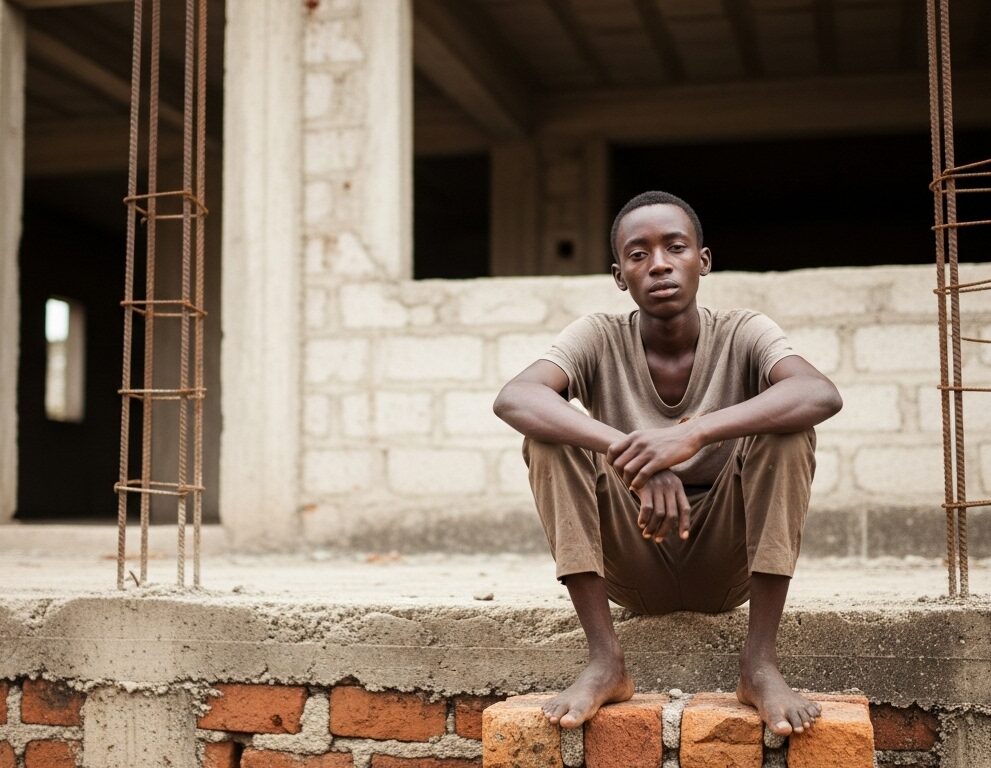Ghana is confronting a sobering reality as the Narcotics Control Board reveals that roughly 50,000 citizens are currently using hard drugs, of whom an estimated 35,000 are students enrolled in Junior High, Senior High, and tertiary institutions.
These young users, ranging in age from 12 to 35 years, highlight a widespread challenge that spans academic levels and threatens not only individual futures but the social fabric at large.
The remaining 15,000 drug users comprise adults, with a gender breakdown indicating 9,000 males and 6,000 females. By presenting these figures, the Board underscores that substance abuse in Ghana is not confined to fringe demographics but affects households, campuses, and communities nationwide.
The inclusion of adolescents as young as 12 years old raises urgent questions about prevention efforts, familial oversight, and access to education on the risks of narcotics use.
In response to these alarming statistics, the Ministry of Youth Development and Empowerment, under the leadership of Minister George Opare Addo, formally launched the “Ghana Against Drugs” (GAD) initiative—branded with the rallying cry “Red Means Stop”—at a high-profile event attended by

government officials and community stakeholders. Minister Opare Addo, in his keynote address, highlighted his ministry’s founding mandate under President John Dramani Mahama to address youth challenges through holistic interventions that blend skills training, employment opportunities, and leadership development.
Beyond framing substance abuse as a discrete problem, Minister Opare Addo sounded the alarm about the rapid proliferation of opioids among Ghana’s youth, singling out the particularly dangerous drug known colloquially as “Red.”
He warned that the misuse of such synthetic opioids poses dire threats to respiratory and cardiovascular health, with the potential to generate a generation burdened by dependency rather than empowered by education and economic prospects.
The “Red Means Stop” campaign is structured around a broad strategy to confront this crisis. It seeks to heighten public awareness of opioid dangers through nationwide media outreach, collaborate with policymakers to fortify existing legal frameworks, and deploy proactive measures, ranging from tighter border controls to community policing, to inhibit the flow of illicit substances.
Crucially, the campaign also aims to equip young Ghanaians with the knowledge and resolve to reject drug use, fostering peer-driven advocacy for healthy, drug-free lifestyles.
“ Just as a red traffic light signals danger and the need to stop, the campaign urges society to recognize the life-threatening consequences of opioid abuse and take decisive action against it ”
Minister George Opare Addo
His words were a clarion call to policymakers, community leaders, educators, and parents to forge a united front against the spread of addiction and its attendant harms.
Reinforcing the government’s resolve, Honorable Naana Eyiah Quansah, Deputy Minister for the Interior, reaffirmed that no effort would be spared in eliminating harmful drugs
from Ghanaian society. She acknowledged that substance abuse inflicts profound damage on public health systems and social cohesion, and she assured citizens that the administration is mobilizing resources and inter-agency collaboration to curb distribution networks and support rehabilitation services.
With the campaign now officially under way, stakeholders across ministries, departments, agencies, and civil society organizations are being called upon to tailor institution-specific messages and interventions that resonate at the local level.
From developing school-based prevention curricula to convening town-hall forums in rural districts, the GAD initiative aspires to translate high-level commitments into ground-level impact, ensuring that every young person, parent, and community leader grasps both the stakes and the solutions in this fight against drug abuse.
As Ghana embarks on this multi-pronged offensive, the success of “Red Means Stop” will hinge on sustained political will, cross-sector coordination, and genuine youth engagement. Only by combining robust enforcement with empathetic education can the nation hope to reverse the trajectory of increasing drug use among its students and secure a healthier, more empowered generation.
Stakeholders across the country have already voiced their support, united in the conviction that a collective stand today will safeguard Ghana’s tomorrow.
Source: Over 35,000 Students Use Hard Drugs in Ghana – statistics explained – Ghana News Online



